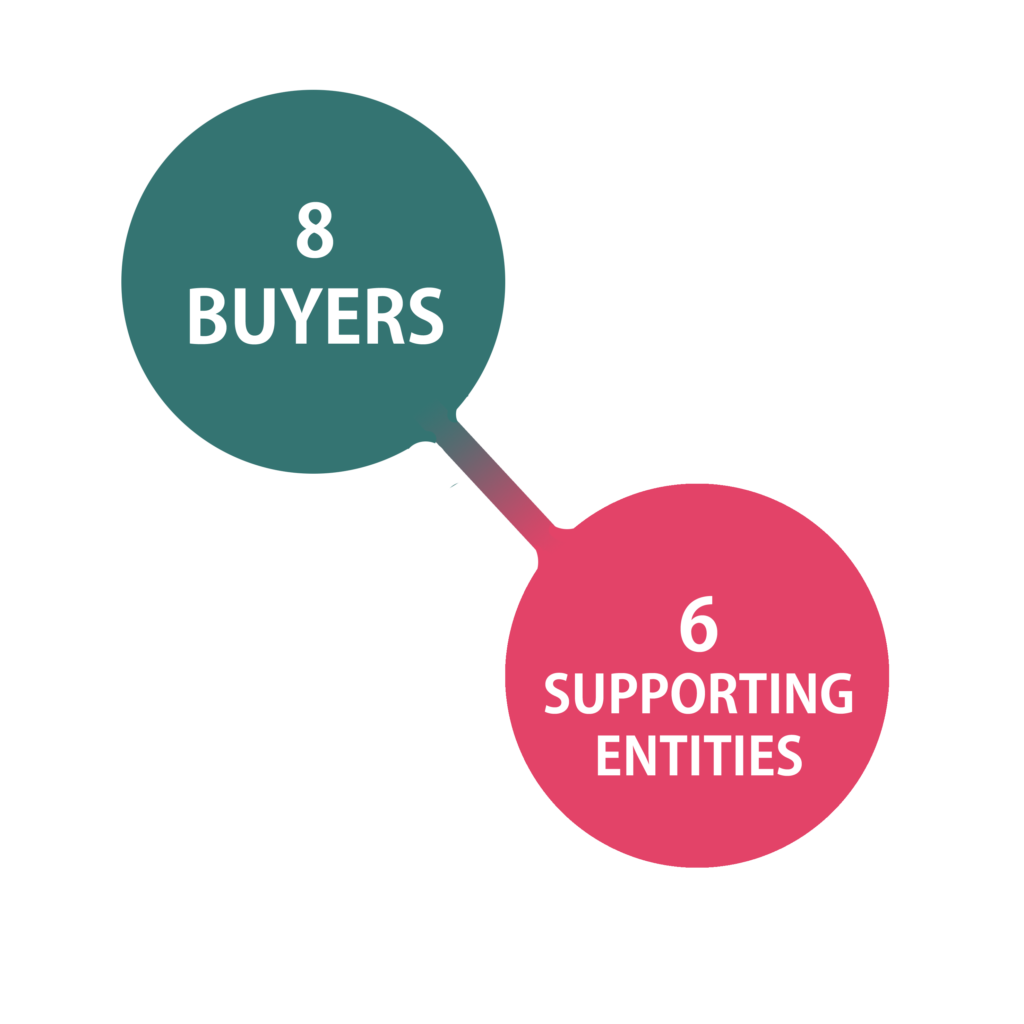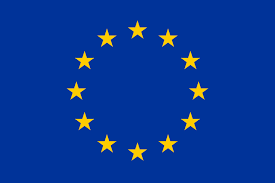Privacy policy
The oncNGS project and consortium
oncNGS is a European project which goal is to encourage the development of high-quality cancer diagnostics for cancer patients and to relieve health and care services budget pressure throughout the implementation of a Pre-Commercial Procurement (PCP) scheme.
We are looking for innovative solutions that can improve outcomes for patients suffering from advanced cancers. We seek innovation in sample analysis, data interpretation and standardized reporting.
oncnGS brings together 8 procurers from 5 countries and 6 supporting entities:
 8 procurers
8 procurers
- Sciensano (Belgium)
- Institut Jules Bordet (Belgium)
- Institut Curie (France)
- Hospices Civils de Lyon (France)
- Charite Universitaetsmedizin (Germany)
- Ludwig Maximilians Universitaet Muenchen (Germany)
- Alleanza Contro il Cancro (Italy)
- Institut Catala d’Oncologia (Spain)
6 supporting entities
- Agència de Qualitat i Avaluació Sanitàries de Catalunya (AQuAS), expert in pre-commercial procurement (Spain)
- Belgian Cancer Registry, expert in cancer control (Belgium)
- Institut National du Cancer, expert in cancer control (France)
- Instituto de Investigación Biomédica de Salamanca, expert in biomedical research in the field of haematologic malignancies (Spain)
- Valle de Hebrón Instituto de Oncología, expert in biomedical research in the field of haematologic malignancies (Spain)
- De Clercq & Partners, expert in intellectual property rights and freedom to operate analysis (Belgium)
Open Market Consultation (OMC) Details and Purpose
In preparation of the PCP call for tender, an Open Market Consultation (OMC) with potential tenderers and end-users will be held to broach the views of the market about our scope. The purpose of the OMC is to canvass wide stakeholder opinion on the suitability of oncNGS PCP. With the market consultation, the consortium will get an insight into the market, the state of the art and future developments in order to prepare an adequate procurement with the right and feasible scope. The answers to any of the oncNGS OMC questionnaires will be used for research purposes only under the frame of the oncNGS project.
Types of data to be collected
During the OMC phase, oncNGS will collect your organisation and your personal contact data. oncNGS might also collect: your views on the scope of the tender, your opinion about Pre-Commercial Procurement as an instrument and your organisation information to look for partners (voluntary).
Recipients of the Information
If you are not looking for partners to form a Consortium, your replies will be shared exclusively within the oncNGS consortium partners. If you are looking for partners, your answers to the oncNGS OMC supply-side questionnaire will be published in the oncNGS website (https://oncngs.eu/) so that other potential vendors can contact you.
Disclaimer
The information collected is of a general nature only and not intended to address the specific circumstances of any individual or entity not necessarily comprehensive, complete, accurate or up to date not professional or legal advice.
The oncNGS project is not responsible for the opinions provided by the participants and for any misuse of this information. However, this disclaimer is not intended to limit the liability of the oncNGS Consortium in contravention of any requirements laid down in applicable European or national law.
Participating in oncNGS Open Market Consultation Activities neither is a prerequisite, nor gives an advantage for submitting bids in the oncNGS tender.
Personal data protection
Sciensano as a the coordinator of the oncNGS consortium and with the participation of other partners are responsible for processing the personal data provided through this questionnaire and with your consent.
It also informs you that this data will be treated in accordance with the provisions of the General Data Protection Regulation (EU) 2016/679 of 27 April 2016 (GDPR) and other applicable regulations, with the aim of sending electronic communications that may be of interest to you.
The remaining data provided by the user through the questionnaire will be included in a database aggregated in such a way as to prevent their association and for the purpose of defining and carry on the challenge of the PCP process or for the production of statistical results.
Retention period
The data collected will be stored for a 5-year period in order to comply with the European Union requirements for possible audits of the results of the project. The data will be deleted as soon as they are no longer necessary for their purpose, adopting the security measures to ensure the pseudonymization or total destruction of them.
Confidentiality and data security measures
The information collected will be stored in .xlsx format. Your responses will remain anonymous. No one will be able to identify you or your answers, and no one will know whether you participated in the study.
Rights
The user guarantees that the information provided is true, accurate, complete and up to date, and is liable for any damage or injury, direct or indirect, that may be caused as a result of the breach of such obligation. The user may exercise his or her rights of access, rectification, suppression, limitation of processing, opposition, and portability. There is also the option to withdraw the consent at any time by sending a written communication to the data controller, attaching a copy of the document proving your identity and specifying the right or rights you wish to exercise. There is as well the right to lodge complaints with the data protection supervisory authorities if he considers it necessary.
Contact
If you have any questions about the project activity, or you want to exercise your rights please contact: Gordana Raicevic Toungouz or Marc Van den Bulcke.
We will take reasonable steps to verify your identity and we will respond to your request to exercise these rights within a reasonable time (and in all cases within 30 days of receiving a request).
Want to stay stuned?
Follow us on Linkedin
Follow us on Twitter

This project has received funding from the European Union’s Horizon 2020 research and innovation programme under grant agreement No 874467